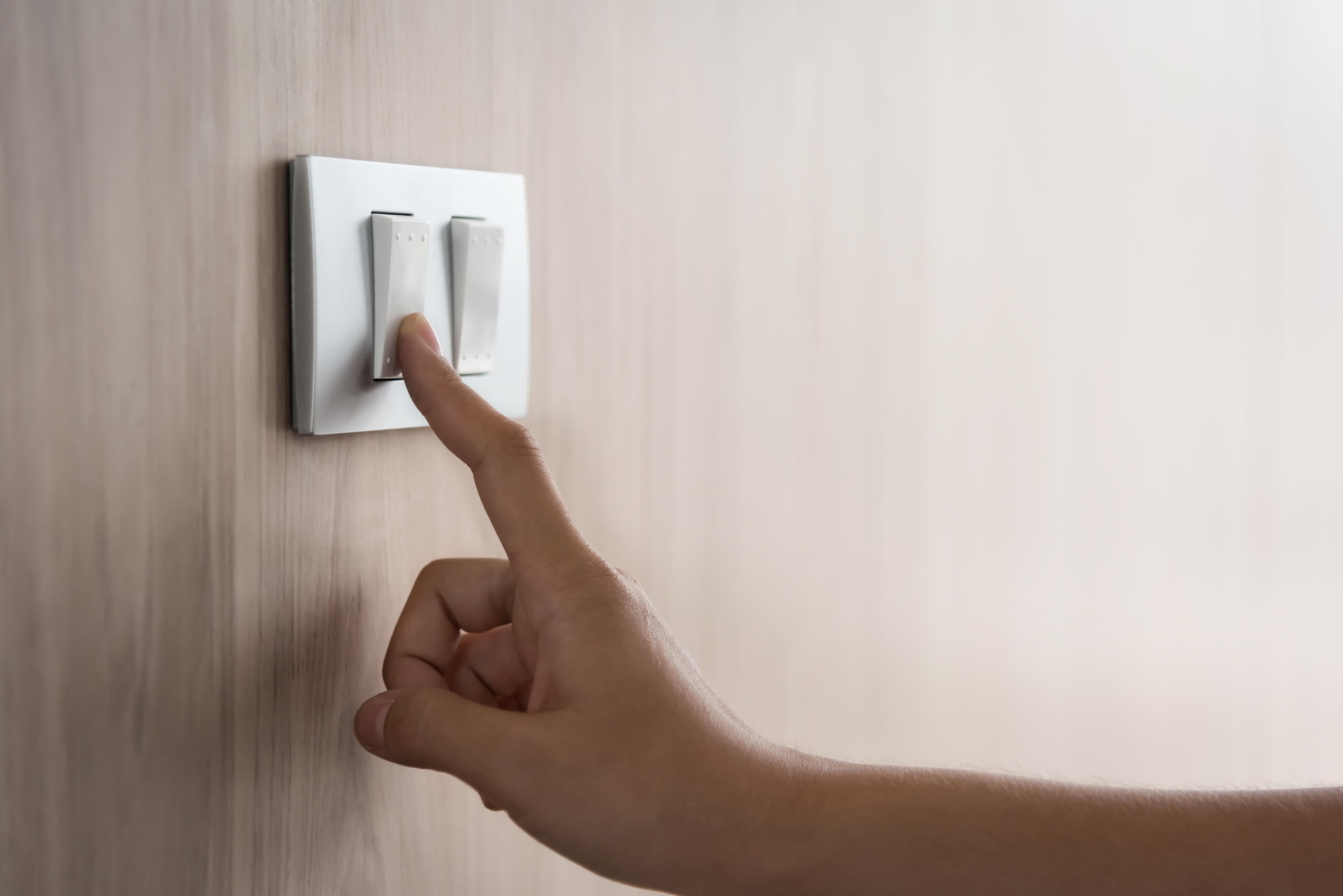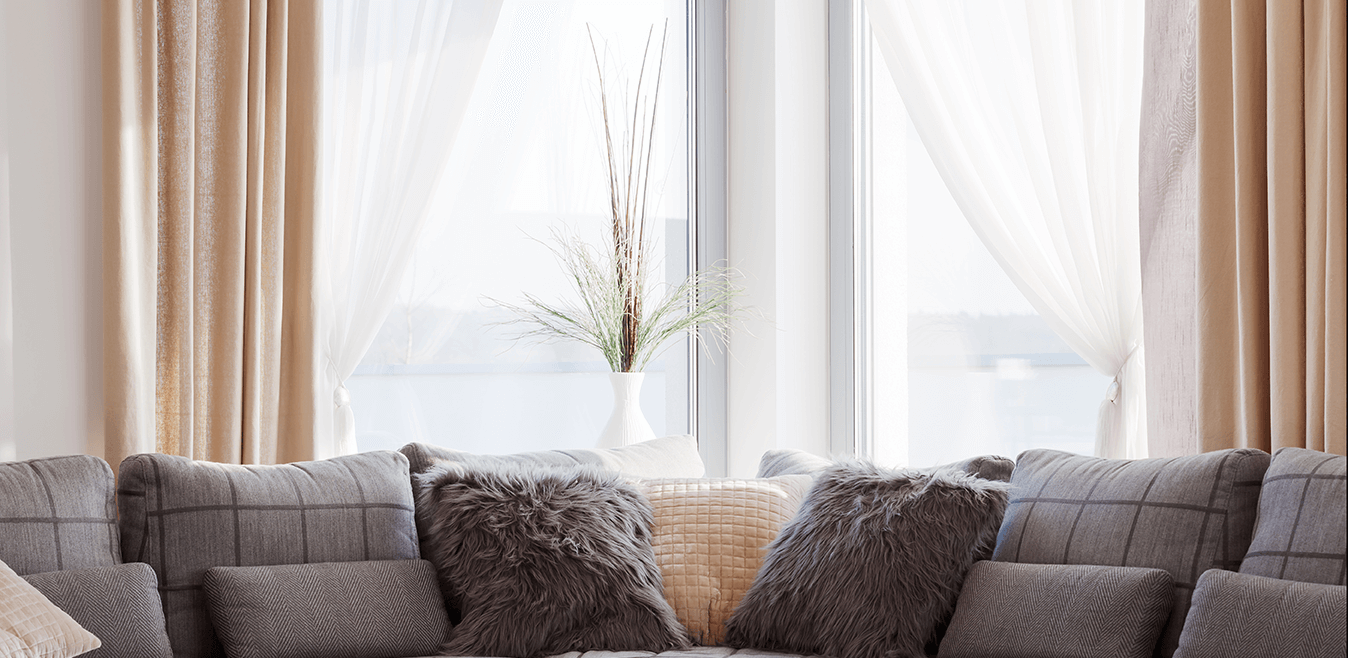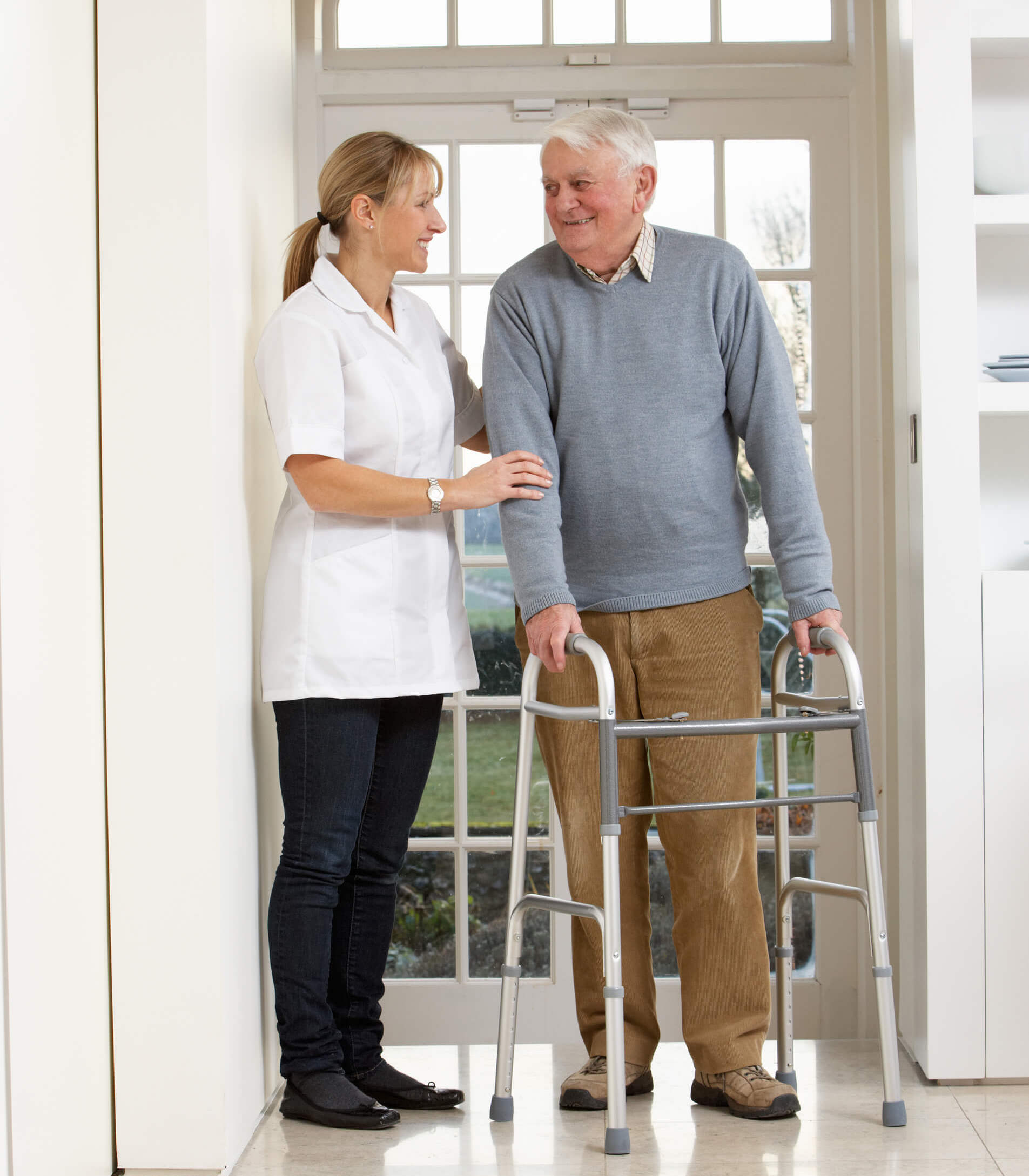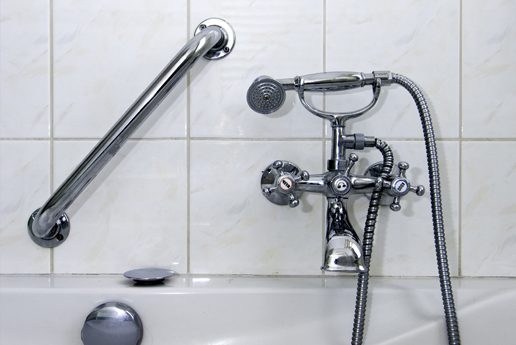How to Create a Dementia Friendly Home
11 September | By Irene Amarante
Dementia is an illness which as well as causing memory loss, can also cause a person to become disorientated, lose the ability to recognise and navigate around everyday objects and process their environment.
As the home is where many of us feel at our safest, dementia can greatly impact a person’s day to day life and their ability to feel safe and comfortable. However, by making some simple adaptations, an individual can continue to reside in their own home safely, for as long as possible, while living with dementia.
While changes to the home may not seem necessary in the initial stages of a dementia diagnosis, implementing adaptations now can ensure that you have future-proofed the home in order to cope with what the disease may bring.
Live-in care and home care support has meant that many who have dementia, are living in their own homes for much longer; meaning that changes to a property are essential in providing the supportive, safe environment that individuals need in order to be able to stay at home.
Here are the changes you should consider making to your home to ensure that it is dementia friendly.

Lighting
Lighting should be increased to ensure that there is enough light to aid navigation around the home, as shadows and dimly lit rooms can make a person feel confused. To gain greater control over the lighting in your home you could install a dimmer switch.
It’s also important to be mindful of reflective glare from windows, computers and television screens as this can also cause confusion. If this is found to be a problem, then you should look to see if you can move these to a position where they won’t be affected.
Natural light sources should also be maximised, as this can allow a person to establish which time of day it is and have a greater awareness of their surroundings. Therefore, ensure that curtains or other objects aren’t blocking these sources of light, and look at fitting blinds to give greater control over how the light flows into the room. At night time use blinds and curtains that have a blackout lining, as this can aid sleep.


Kitchen
The kitchen is full of potential dangers, not least for a person who has dementia so it’s essential that you remove anything which could be a hazard for someone who has memory loss. Labelling hot and cold taps clearly, removing sharp objects, and even removing cupboard doors for easy access to items is recommended.
Keep everyday items such as the kettle close to hand and tea towels in an easy to reach position. If it helps, then labelling these items can also increase item recognition.
When eating and drinking use dinner and glassware in contrasting colours to the placement that it is placed on as this helps the food to stand out.
Flooring
Flooring which is slippery can be a hazard to us all, so look to ensure that the flooring in your home provides no danger. Likewise, you should remove rugs or uneven flooring which could cause someone to trip up or fall.
Flooring colour can also impact a person who has dementia as flooring which is speckled may mean it looks like litter or as though a hazard is in the way. Flooring should contrast with wall colours so that it can be differentiated when a person is moving through a room
Furniture
As dementia affects a person’s ability to distinguish objects, furniture in a room can become hazardous; especially if it’s in similar colour tones. Therefore, brightly coloured furniture in contrasting colours is recommended, however, avoid patterns as this can become disorientating.
Mirrors, paintings and photographs could also lead to confusion, as a person loses their ability to recognise themselves or others. If this becomes an issue, then use these sparingly in the home or remove them altogether.


Bathroom
Again, contrasting colours should be used in the bathroom as this will ensure that the toilet lid and seat are easily identifiable and taps are clearly seen.
Adding rails to aid movement around the bathroom are also advised, as this can help to minimise the risk of slipping on a wet floor and assist in getting out of the bath or shower and getting up from the toilet.
Remove objects which are unnecessary in the bathroom and limit the number of products you have on display so that only everyday items are ready for use.
Other precautions to take include removing the door locks so that doors can be opened in an emergency and using a flood-safe plug in sinks and baths.
General safety
As well as the advice above, we would also recommend that you look to implement the following in your home.
- Remove any unnecessary items which cause clutter or are unused
- Keep the house as tidy as possible, so that items can be easily found
- Reduce excess noise from the TV and radio etc.
- Lock hazardous items away, such a medication which should be taken while supervised or anything sharp
- Keep emergency numbers, keys, money and other essential information in an accessible location
- Write daily reminders on a board
- Ensure door handles and locks are easy to use
- Install movement aids around the home if necessary
By making small adaptations to your home, someone who is living with dementia can live longer on their own property in an environment that is not only safe but as familiar to them as possible to.

















